
A deep dive into skin undertones vs skin tones
Introduction
The field of cosmetics and skincare is full of confusing words, often making people feel lost when they try to find their way through all the different products that promise to improve how their skin looks. Two important things you need to know about are skin undertones and skin tones.
They seem similar in name but play different roles in picking the best makeup colours or skincare items for a person's complexion. In the article, we will explore the contrast between skin undertones and skin tones.
What is a skin undertone?
Wondering, ‘What is skin undertone?’ Skin undertone means the subtle colour that is below the surface layer of your skin, and it stays steady no matter how much sun exposure you get or what kind of skincare routine you follow. This hidden tone sets a base for how colours look against your skin and is very important in deciding which makeup shades or clothing colours will suit you best.
Skin undertones can be divided into three main groups: cool, warm, and neutral. Cool undertones usually have a touch of blue, pink, or purple that makes the skin look cooler. Warm undertones show yellow, peach, or golden colours, giving the skin a warmer and sun-kissed glow. When cool and warm tones are mixed together, this produces neutral undertones. Neutral undertones have a balance of both cool and warm colours; thus, they are adaptable to many different shades.
Knowing your skin's undertone helps you choose makeup and clothing colours that blend well with your natural colouring. Knowing the undertone allows you to pick shades that suit and highlight your features, giving a unified and refined look overall.
What is skin tone?
Skin tone is the colour appearing on the surface of your skin, which gets affected by things like how much melanin you produce, exposure to sunlight, and what kind of skincare routine you follow. It's the complexion that we can see. Usually, people describe these shades as fair, light, medium, tan, and deep.
The amount of melanin, a pigment that gives colour to our skin, differs from person to person and causes variations in skin tone. Skin with low levels of melanin appears lighter, leading to fairer complexions.
On the other hand, deep skin tones are caused by higher amounts of melanin, which makes the complexion look darker. The richness and strength of any given skin colour can be influenced by things like sun exposure as well as biological factors such as family genes, etc. Skin tone is also impacted by elements such as sunlight. Sun exposure can make the skin become tan or get sunburnt, changing its colour for a short period of time.
Certain skincare products like the Overnight Exfoliating AHA BHA Radiance Mask that have AHAs and BHAs can assist in managing concerns like hyperpigmentation. This could result in an improved uniformity and glowing nature of skin over a period. Knowing your skin tone helps you choose makeup items, clothing shades, and skin care habits that go well with your natural colouring and improve how you look.
Also read - Skin Tone Types and Skincare Products to Prefer As Per Your Skin Tone
How to know your skin undertone?
Seeking an answer to the question, ‘how to know your skin undertone?’ Some ways to find your skin undertone include looking at the veins on your wrist. If they appear blue or purple, it is a sign of cool undertones, while greenish veins suggest warm undertones. Another method is observing how your skin reacts with different metals: when gold jewellery matches better on your complexion than silver, this typically implies that you possess warm undertones.
However, if silver appears more attractive, then it probably means you have cool undertones. Also, studying how specific colours of clothes make your complexion appear more vibrant or less glowing can provide hints regarding your undertone.
Importance of knowing your skin undertone
Knowing your skin's undertone is important to choosing makeup colours that match well with your natural tone and highlight features. For example, people who have cool undertones might prefer shades such as icy blues or rosy pinks - these could make their complexion look even more beautiful.
On the other hand, those who possess warm undertones may be attracted to earthy tones like warm browns, terracotta, and golden hues. Selecting makeup products that are in agreement with your skin's undertone can assist in creating a unified appearance that stops an ill-fitting foundation or lipstick colour from clashing with the natural colour of your skin.
Does skin undertone change?
No, typically, skin undertone remains the same for a person's lifetime. Skin tone might be affected by external things, like exposure to the sun or skincare routine, but skin undertone is decided by aspects such as family inheritance, and it doesn't change due to external factors.
The look of the skin can alter with age or because of health issues, but its basic undertones usually will not change over time. Comprehending that skin undertone is unchangeable helps in choosing makeup shades and clothing colours that match one's natural tone and improve one's look.
Does skin tone change?
It can be influenced by sun exposure. Habits like skincare routines and lifestyle choices, such as smoking or drinking alcohol excessively, can also impact the skin tone. Spending lots of time under the sun without protection may make your complexion darker from tanning or redder because of sunburns.
However, using the Dewy Hydrating Hybrid Sunscreen regularly can help to stop sun-induced changes in your skin tone and maintain a more even complexion over time. Moreover, using skincare products that have alpha hydroxy acids or beta hydroxy acids could assist in dealing with conditions such as hyperpigmentation and uneven skin tone. This may result in a complexion that becomes brighter and more uniform as time goes by.
Conclusion
Knowing the difference between skin undertones and skin tones is important for those who want to improve their natural beauty with makeup and skincare. Skin undertone, which is always the same, forms a basis for choosing makeup colours that will look good on you.
By understanding your skin undertone and adjusting your daily skincare habits to match it, you can get a balanced and glowing look that brings out the best in you.






















































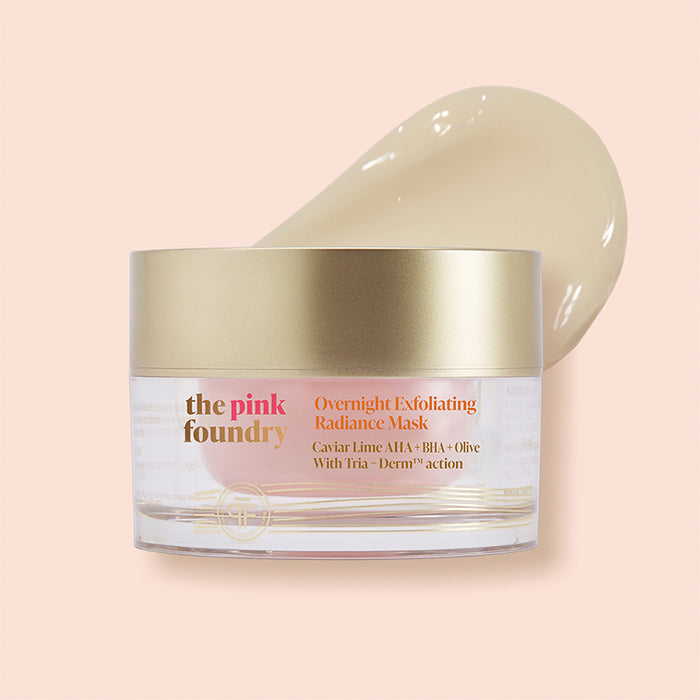
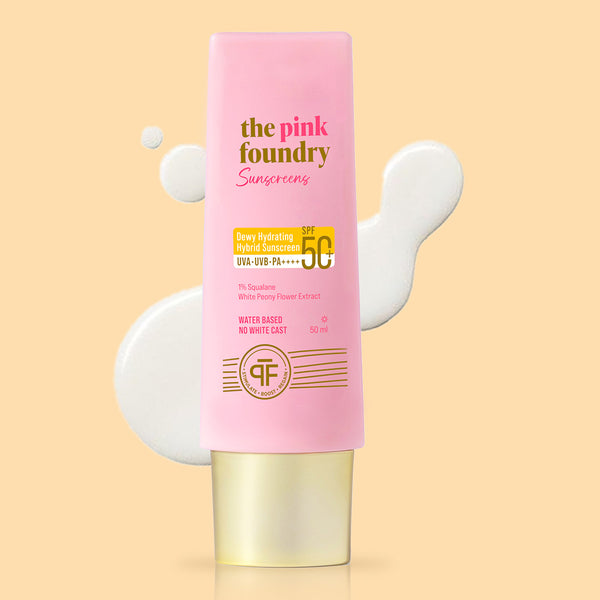

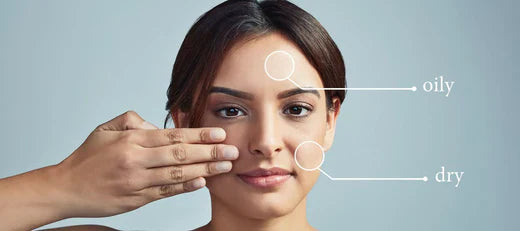
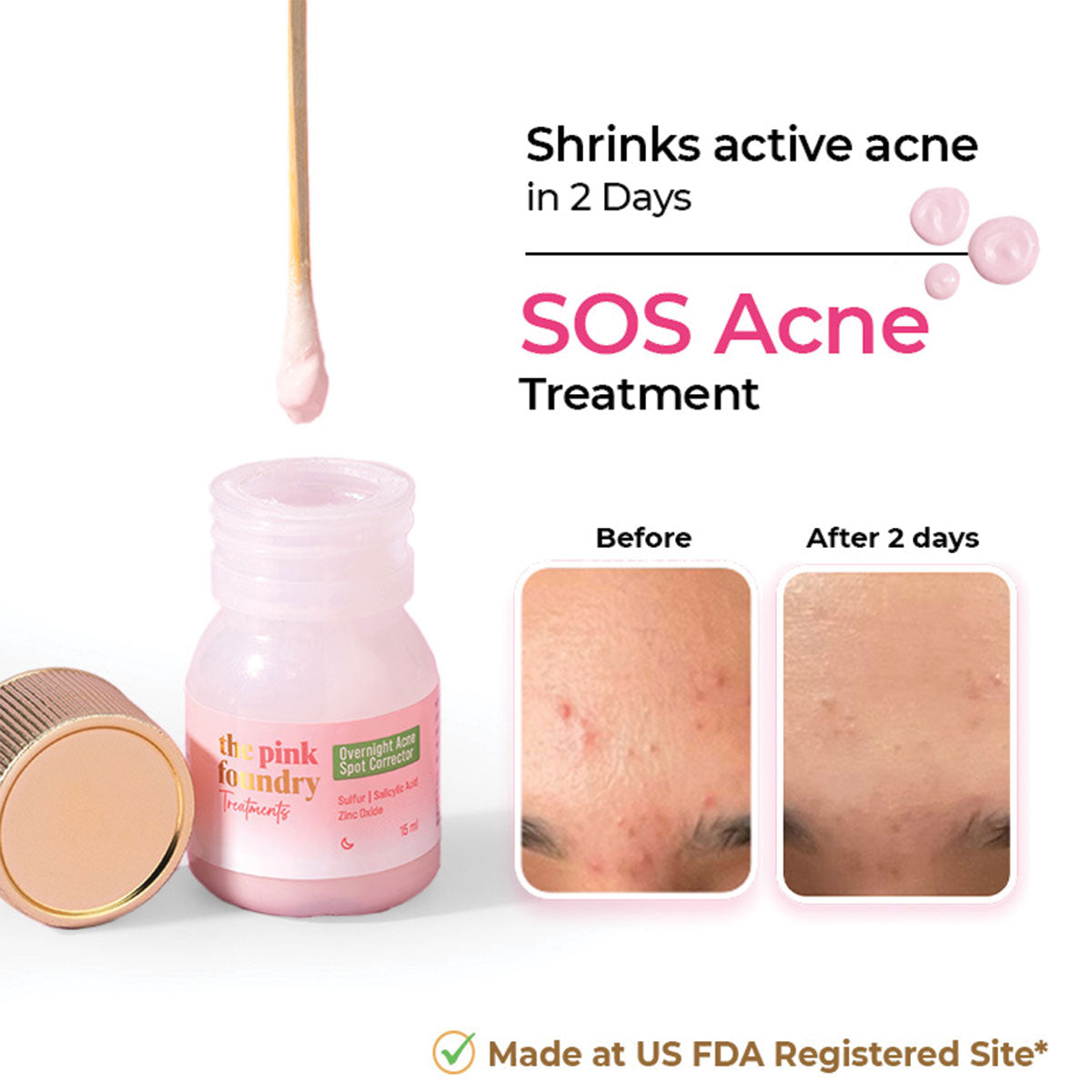
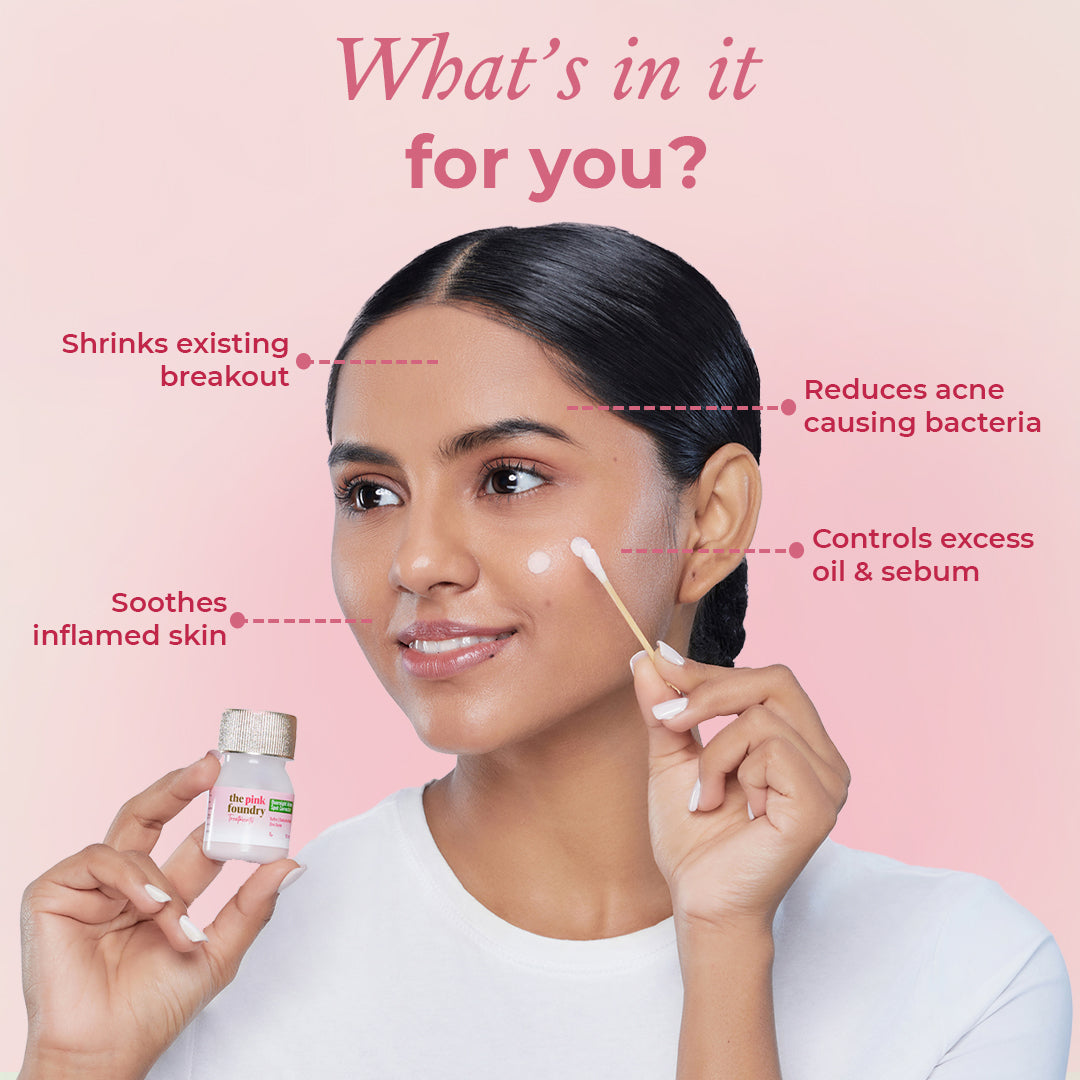


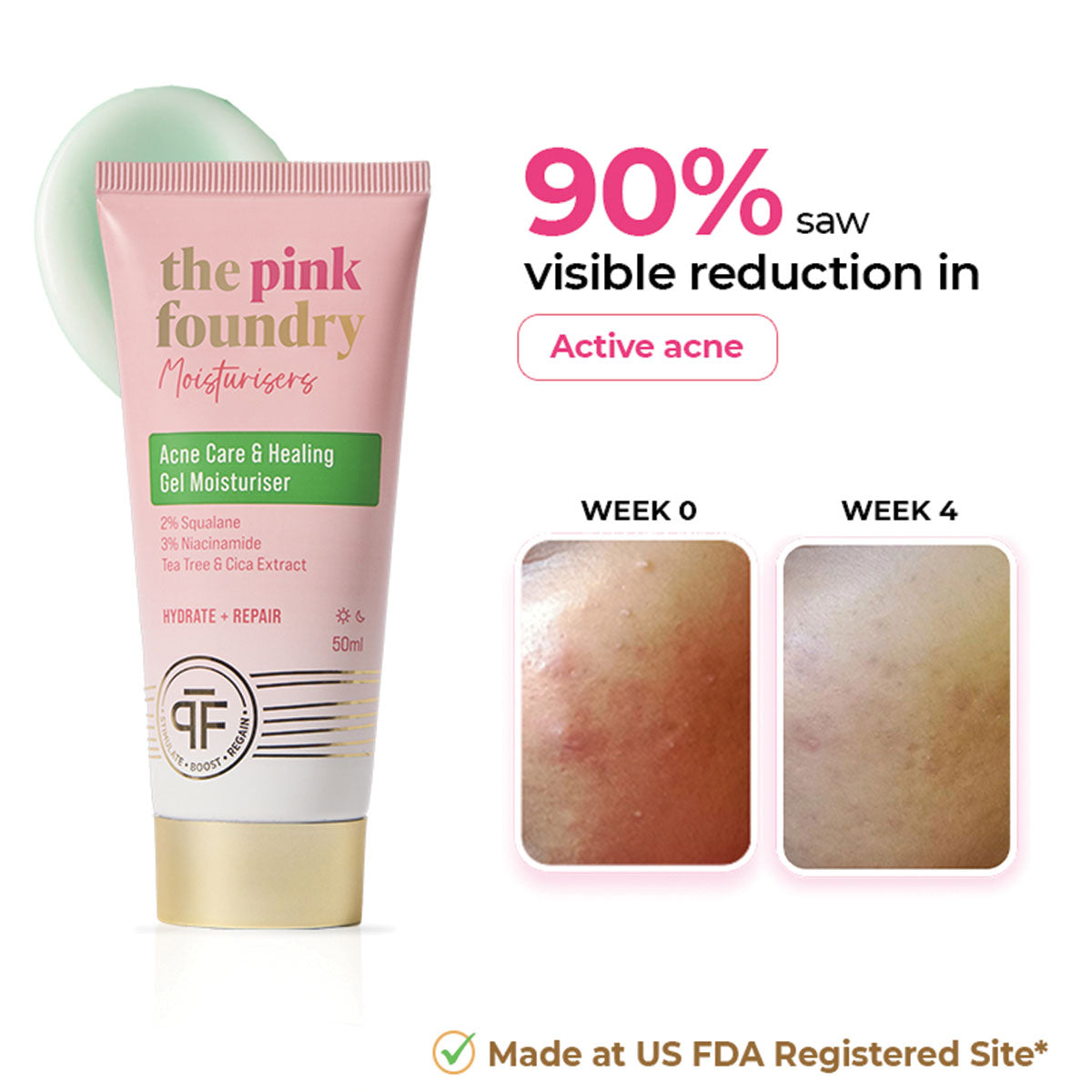
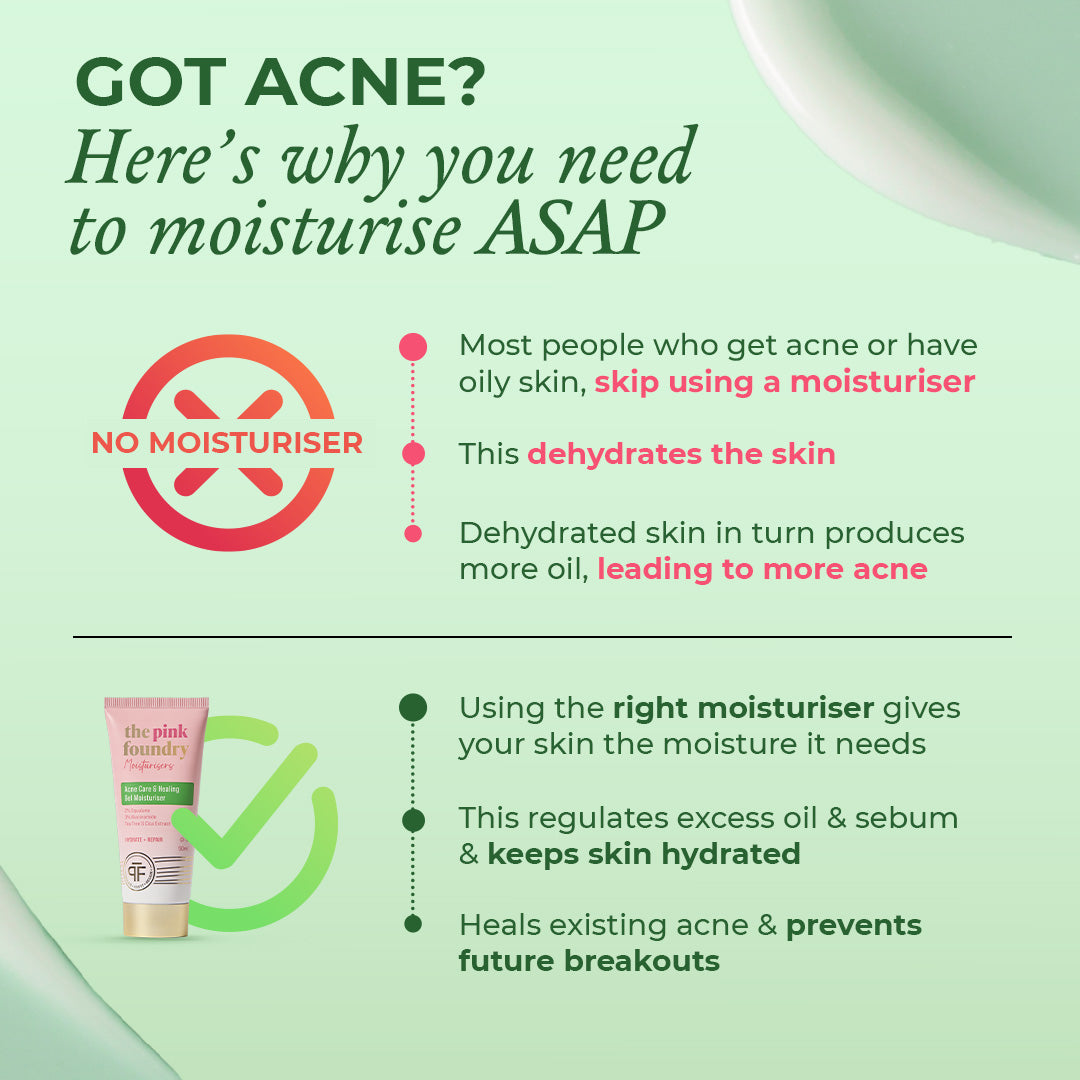










Leave a comment
This site is protected by hCaptcha and the hCaptcha Privacy Policy and Terms of Service apply.